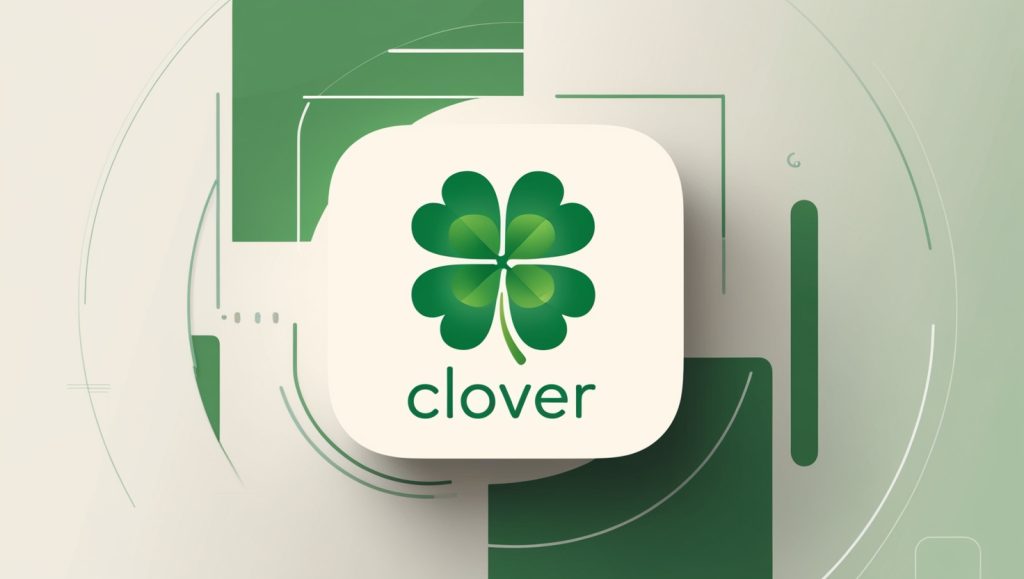When a boy trades a rifle for a plow, he dreams of harvests. But something is lost when that same boy is forced to trade his plow for a musket again. And something else—something strange—is found.
The Three Tooth Confederate by Cameron A. Crisp is no grand tale of war and glory. It’s a slow, smoldering unraveling. A seventeen-year-old from North Carolina, Horace Langham, finds himself caught between Union and Confederate lines, childhood and manhood, belonging and betrayal, survival and soul.
So, let’s discuss: What does war take? And what, if anything, does it give?
War Took Their Youth
In the book, from the very first cannon blast in Phillipi to the harrowing retreat from Fort Donelson, innocence dies fast. Langham and his two closest friends, Bullock and Warren, go from hanging tobacco in the rafters to hanging by a thread, trying to dodge musket fire and claw through muddy battlegrounds. The blood, the frostbite, and the sudden silences steal their boyhood.
“No young teen should have been exposed to some of the things the three of us were,” Langham reflects. And that sentence alone is the ghost of countless generations who’ve seen war far too young.
War Took Their Teeth—and Their Trust
Literally and metaphorically.
Langham loses several teeth in a freak accident with an axe handle, earning him the nickname “Three Tooth.” But deeper than dental damage is what war does to trust. Between friends, between officers, between ideals.
As Langham receives a field promotion to Captain, his bond with Bullock and Warren frays. Ranks, responsibilities, and the constant smell of death create a space where laughter once lived. It’s a heartbreaking reminder: war doesn’t just take life—it chips away at relationships, piece by bloody piece.
War Gave Them Brotherhood
Yet, in those shattered bonds, something new was formed. A brotherhood forged not by choice but fire. Langham and his friends discover camaraderie in the trenches, under bridges, and around campfires. They didn’t fight because they hated anyone. They fought because they loved each other.
This kind of loyalty isn’t easy to fit into textbooks. It lives in torn letters, shared harmonicas, and a quiet willingness to take a bullet if it means your friend gets to go home.
War Gave Them Identity—Even in Ruin
Langham’s journey isn’t just about battles. It’s about becoming. The Three Tooth Confederate charts a psychological evolution from a boy in borrowed boots to a Confederate Captain with men looking to him for survival. War gave Langham grit. It gave him scars he didn’t ask for and a purpose he never imagined.
War Gave—and Took—Love
In the middle of the bloodshed, there’s Sarah.
Warren’s courtship of Sarah Ferguson is the unexpected lifeline of this story. Their gentle moments remind us that even in the ugliest of human endeavors, love will try to bloom.
Yet love, too, is at war. Letters are lost. Promises are delaye. And the fear that you may never return—never marry, never hold your child—is the kind of grief that preempts the grave.
What Endures?
Langham closes his story in truth. The war rages on. Men are still missing. And though a wedding is plane, and a child is expect, joy feels borrower.
But here’s the lesson The Three Tooth Confederate wants us to learn: war always takes. But what it gives is up to us. At times, it’s courage. Sometimes it’s poetry. Occasionally, it’s the aching knowledge that peace is something we’ll have to build ourselves.
Cameron Crisp’s The Three Tooth Confederate is coming soon on Amazon — stay tuned!



